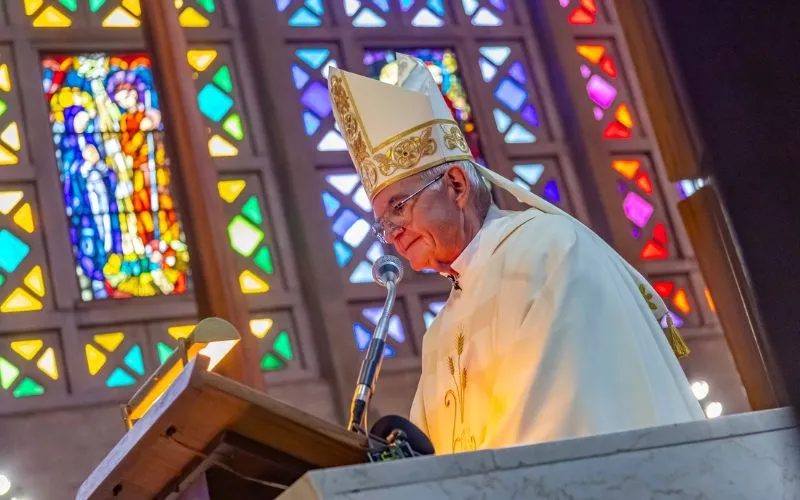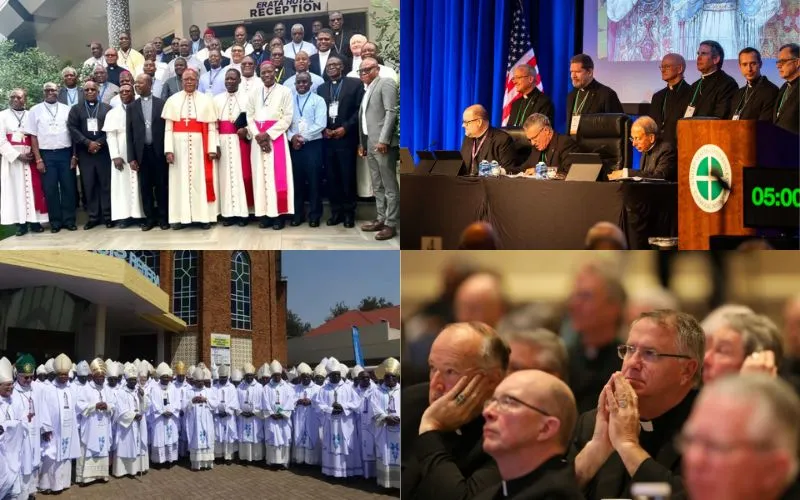He observed that besides gender-based violence that is endemic in the country, “abuse of children, and the abject poverty,” is a spiritual death that affects livelihoods.
In his Saturday, April 19 Easter Vigil message, Cardinal Brislin also identified other challenges South Africans grapple with.
“Old age pensioners are made to queue for hours to receive their pensions in rain, cold, or heat; the sick arrives at the clinic at 4 am in the morning or even earlier, in order to receive health care. Young people give in to despair since they have little hope of employment,” he lamented.
The Local Ordinary of Johannesburg, who doubles as President of the Southern African Catholic Bishops’ Conference (SACBC) said that corruption and misuse of public funds by political leaders are equally rife, impacting health care, education, housing, and many other needs in the Southern African nation.
“The decay of infrastructure, such as roads and traffic lights, so evident in our city, puts the lives of motorists and pedestrians alike at risk,” he noted with concern.
Cardinal Brislin went on to pose, “Do our leaders care about people at all?’ It also raises the question whether the proposed national dialogue is simply going to be a smokescreen, papering over the cracks.”
“Is it just going to be more words, more promises, and the promotion of particular ideologies? Or will it be an opportunity to listen to civil society and to seek genuine solutions? When will our civil leaders put the needs of people above the needs of themselves and their political party?” he posed.
The 68-year-old South African Cardinal, who started his Episcopal Ministry in January 2007 as Bishop of South Africa’s Kroonstad Catholic Diocese said that the ongoing wars and conflicts in different countries across the world “are indicative of how far we are from a culture of life.”
“There are those who commit themselves to the destruction of life, those who profit financially from wars, making money out of the misery of the innocent and the deaths of thousands, those who simply want it all for themselves, no matter who gets hurt or dies,” the Cardinal said.
For him, violent conflicts in Sudan, South Sudan, the Democratic Republic of Congo (DRC), Ukraine, and Palestine among others “are all signs of the failure of the human race to fulfill our God-given calling to be and to live as human beings made in the image of God.”








